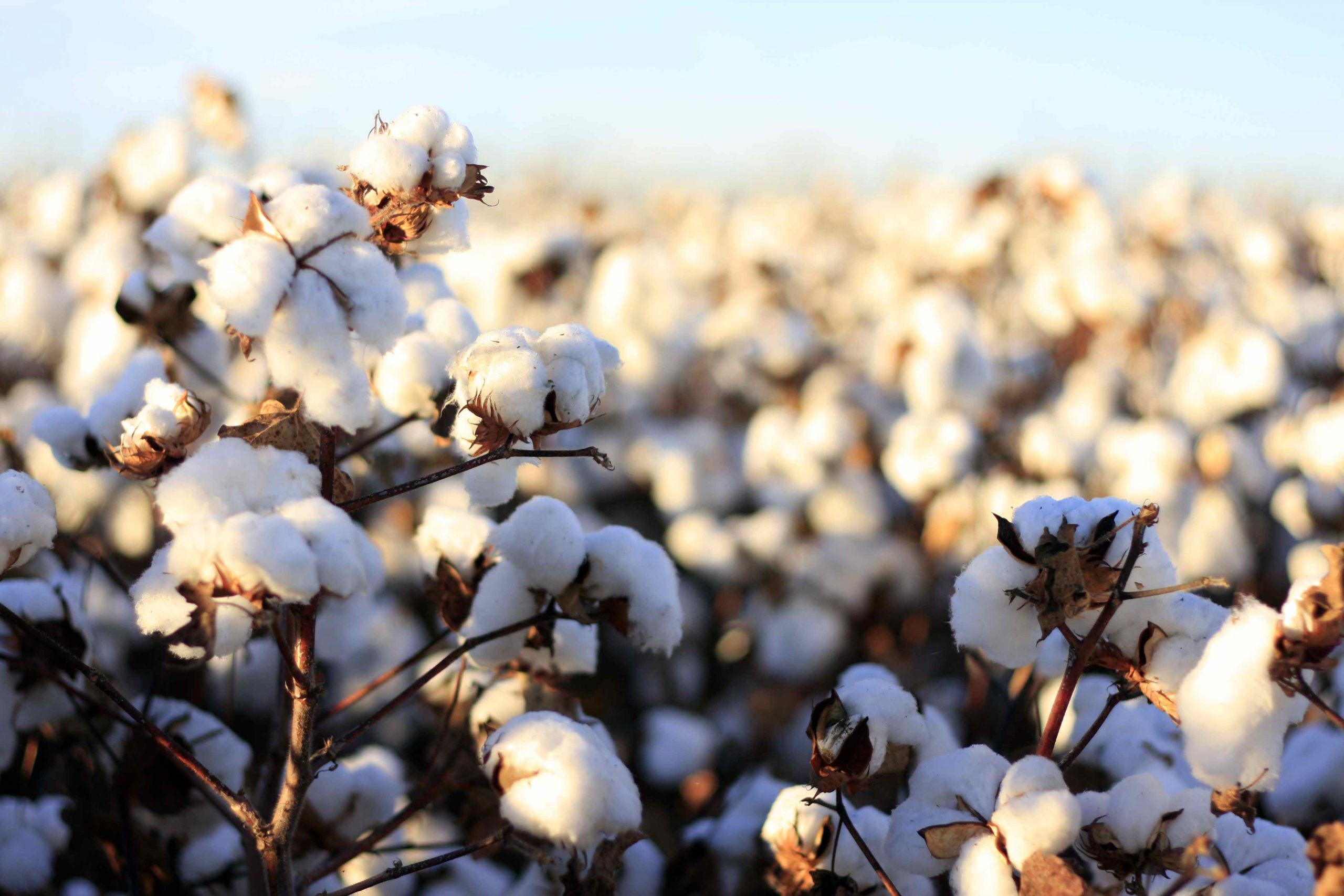When it comes to choosing the perfect fabric for summer, the decision between polyester and cotton can be quite perplexing. Both fabrics have their own unique properties and advantages. In this article, we will delve into the depths of these two fabrics, exploring their breathability, moisture-wicking abilities, durability, and environmental impact. By the end, you will have a comprehensive understanding of which fabric reigns supreme in the scorching heat of summer.
- Breathability:
In the battle for breathability, cotton emerges as the clear winner. Cotton is a natural fiber that allows air to circulate freely, keeping your body cool and comfortable. Its open weave structure enables better airflow, preventing the accumulation of heat and moisture. On the other hand, polyester, being a synthetic fabric, has a tighter weave, limiting air circulation and trapping heat against the skin. This can lead to discomfort and excessive sweating, especially on hot summer days. - Moisture-Wicking Abilities:
When it comes to moisture-wicking, polyester takes the lead. Polyester fibers are hydrophobic, meaning they repel water and do not absorb moisture easily. This property allows sweat to evaporate quickly, keeping you dry and cool. Cotton, on the other hand, is hydrophilic, meaning it absorbs moisture readily. While this can be beneficial in certain situations, such as absorbing sweat during physical activities, it can also lead to a damp and clingy feeling in humid conditions. - Durability:
Polyester is known for its exceptional durability. It is resistant to stretching, shrinking, and wrinkling, making it a long-lasting fabric choice. On the contrary, cotton is more prone to wear and tear, especially when exposed to frequent washing and high temperatures. However, cotton's natural fibers tend to become softer and more comfortable with each wash, providing a cozy and worn-in feel that many prefer. - Environmental Impact:
In terms of environmental impact, cotton has the upper hand. Polyester is derived from petroleum, a non-renewable resource, and its production involves the use of chemicals and energy-intensive processes. On the other hand, cotton is a natural and biodegradable fiber, making it a more sustainable choice. However, it is important to note that conventional cotton farming often involves the use of pesticides and excessive water consumption. Opting for organic cotton or recycled polyester can mitigate some of these environmental concerns.
Conclusion:
In the battle between polyester and cotton for the ultimate summer fabric, the choice ultimately depends on your priorities. If breathability and comfort are your top concerns, cotton is the way to go. Its natural fibers allow for better airflow and a cooler feel. On the other hand, if you prioritize moisture-wicking and durability, polyester is the winner. Its ability to repel moisture and withstand wear and tear makes it a reliable choice. Consider the environmental impact as well, and opt for organic cotton or recycled polyester for a more sustainable summer wardrobe. Ultimately, the decision lies in finding the right balance between comfort, performance, and sustainability.



